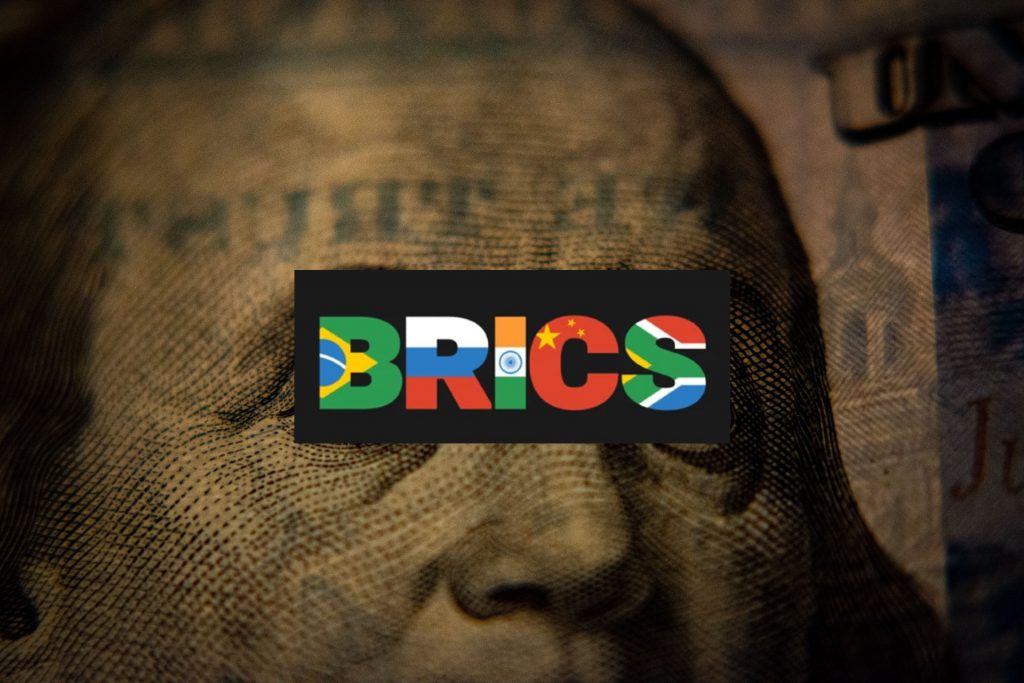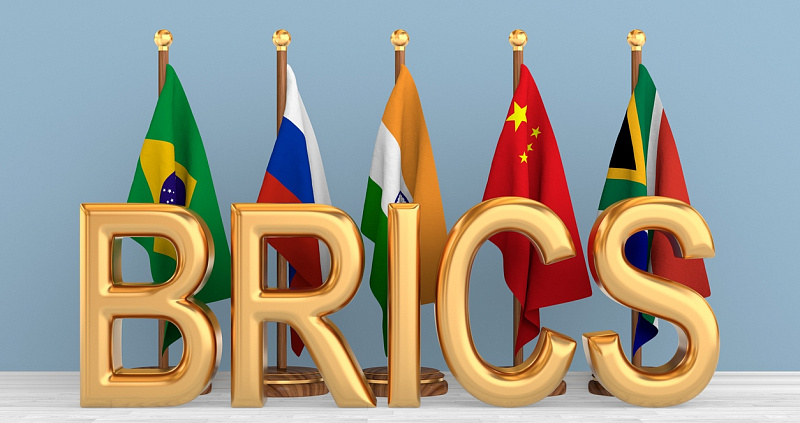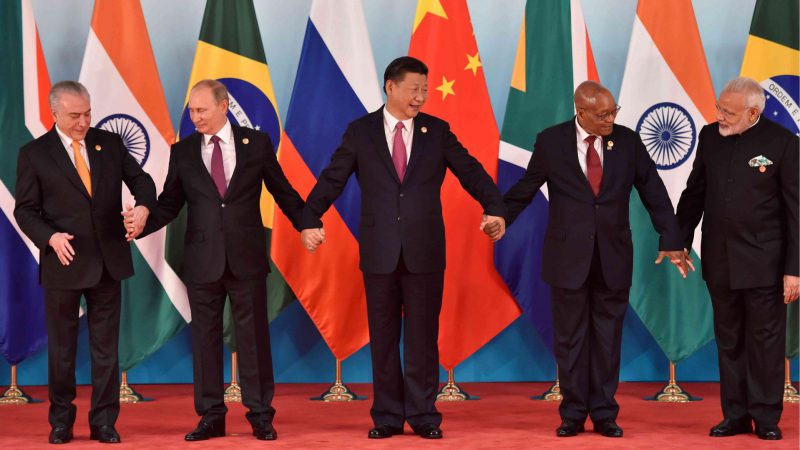With the 2023 summit just a few months away, the BRICS nations are set to discuss their expansion plan to eventually dethrone the US dollar. Moreover, South Africa’s Foreign Affairs Minister, Naledi Pandor, has noted that the economic bloc is currently seeking the best way forward for potential expansion.
Pandor stated that “many countries are looking for a multipolar forum that is modern, inclusive, and focused on the common good.” Additionally, she stated that the alliance is “working on the concept of how the group can respond to this interest” from nations seeking membership.
BRICS Expansion Takes Center Stage


Over the last few months, the BRICS collective has been the dominant headline. As the bloc has grown in relevance, its de-dollarization efforts have seemed to take hold. Moreover, they have observed a host of countries eager to join their ranks.
Now that the annual summit is just on the horizon, the BRICS nations are preparing to discuss expansion plans to dethrone the US dollar. South Africa’s Foreign Minister first discussed these plans, according to Telesur. While noting the growing attraction of membership from several countries.


The development comes after news developed months ago regarding potential expansion. Specifically, more than 20 countries had inquired about membership in the bloc, with many submitting official requests. Showcasing not only the attractiveness of the bloc but the eagerness for countries to be recognized within it.
The eagerness particularly speaks to the desire for a global shift in the status quo. Additionally, the economic bloc has proven immensely successful in recent operations. Pandor noted that South Africa’s “partnership with BRICS has resulted in tangible benefits” in different industries.
Among these, Pandor noted that trade within BRICS has increased from $25 billion in 2017 to $36 billion just four years later. Additionally, the country had received access to $5 billion in funding from the New Development Bank. Capital that will help “key infrastructure projects in renewable energy, water, and other sectors.”





